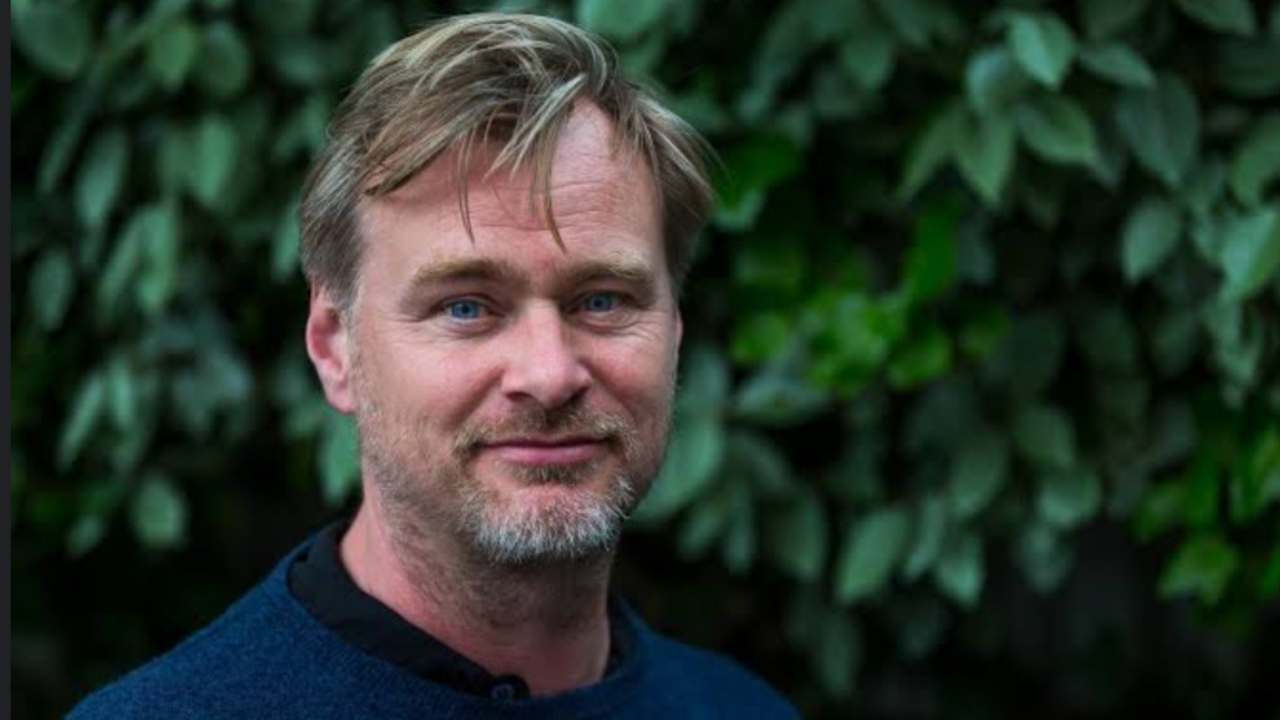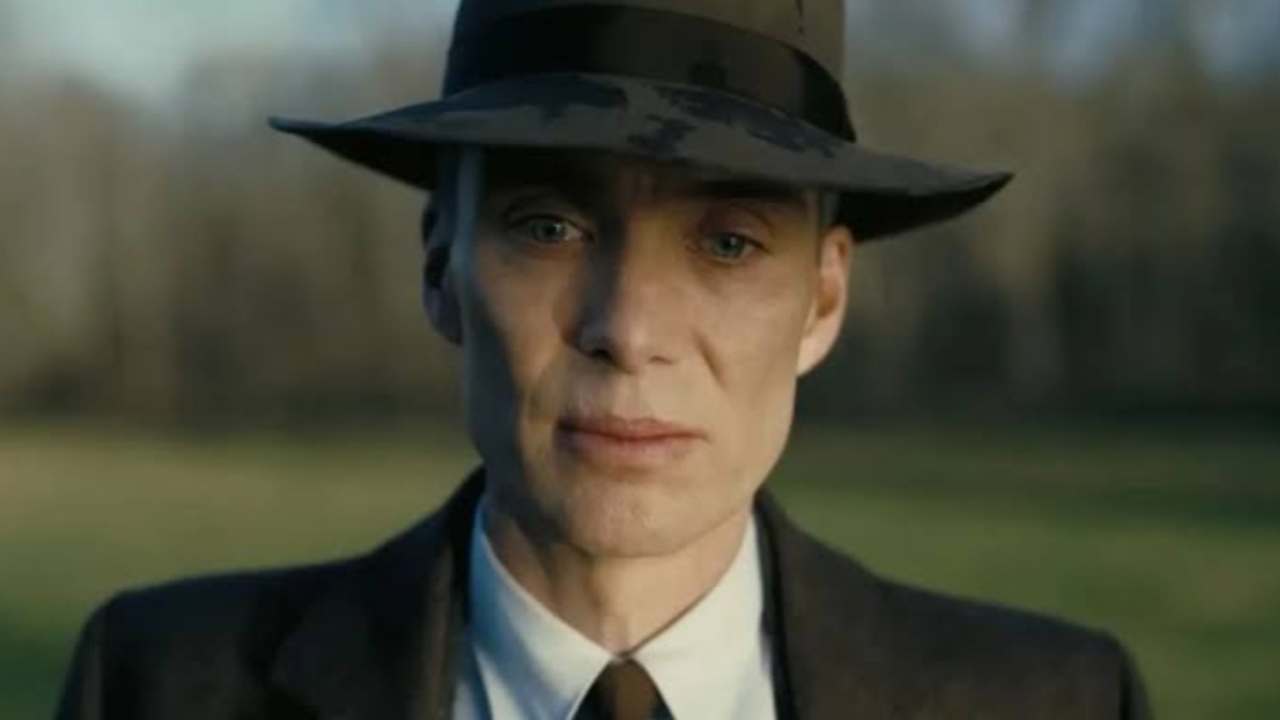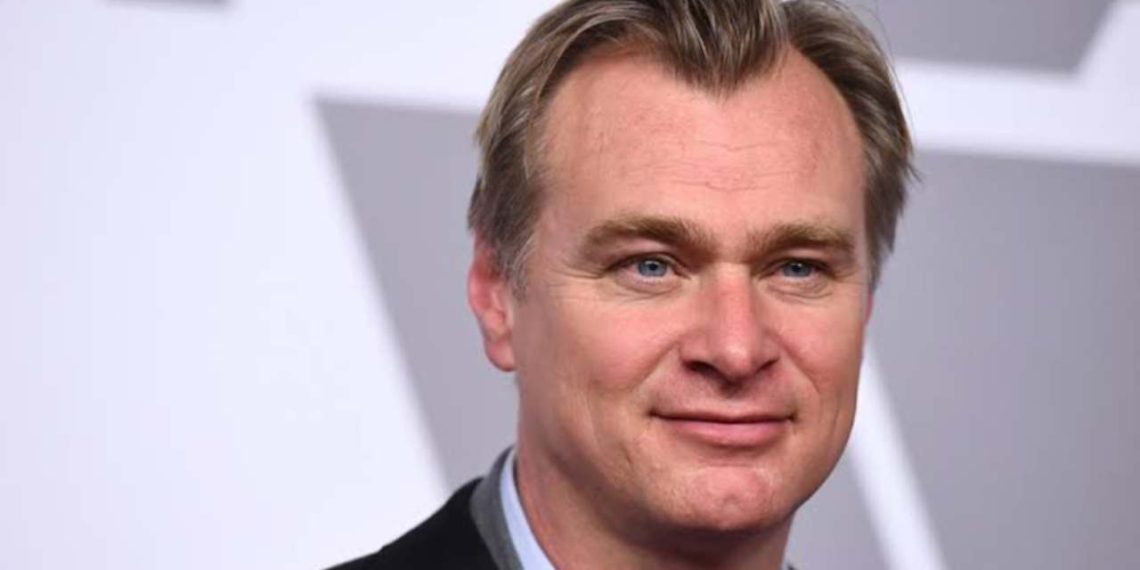British filmmaker Christopher Nolan, recently awarded the Best Director Oscar for “Oppenheimer,” is set to be knighted, while his wife, producer Emma Thomas, will receive a damehood.
The UK government cited their contributions to the film industry as the reason for the honors.
“Their services to film are recognized,” stated the UK government.
Nolan’s latest film, centered on the story of the father of the atomic bomb, dominated the 2024 awards, securing seven prizes, including Best Film.
Before “Oppenheimer,” Christopher Nolan had received five Oscar nominations without a win, making this year’s victory particularly notable.

Their unexpected honors diverged from the usual timing of knighthoods and damehoods, typically bestowed twice a year—during the new year and on King Charles III’s birthday, November 14th, the monarch responsible for conferring such distinctions.
However, exceptional achievements, especially in sports and the arts, can prompt off-cycle awards, a criterion Nolan clearly fulfills given his remarkable success with Oppenheimer.
The formal investiture typically occurs at Buckingham Palace, often with the UK monarch presiding. Presently, King Charles III is not fulfilling royal duties due to ongoing cancer treatment.
Christopher Nolan, born in 1970 in London to a British father and American mother, pursued his passion for filmmaking at University College London, where he studied English and met his future wife in 1997.
The couple, who now reside in Los Angeles and share four children, founded the production company Syncopy, which has played a pivotal role in their blockbuster successes.
Nolan, aged 53, and Thomas, aged 52, have been creative partners throughout their careers, collaborating on all of Nolan’s major films, including The Dark Knight trilogy, Inception, Interstellar, Dunkirk, and Tenet.
In recognition of his contributions to cinema, Nolan was awarded the British Film Institute’s prestigious BFI Fellowship, acknowledging him as “one of the world’s most innovative and influential film directors.”
During his acceptance speech, Nolan graciously acknowledged the pivotal role played by his wife in their shared journey.

“I was asked if in all of those years fighting to shoot on film, did you ever feel alone doing that?,” he said.
“I was able to say I did not because my producer Emma Thomas always saw things the same way I did in terms of the importance of the medium.”
In Japan, the long-awaited premiere of Oppenheimer took place, marking a significant moment for a country scarred by the devastating events of 79 years ago when two cities faced obliteration by nuclear weapons, creations of the American scientist.
Unlike directly portraying the harrowing scenes of destruction in Hiroshima and Nagasaki, the film delves into the persona of Oppenheimer and his inner conflicts, offering a nuanced perspective on the historical figure.
The film’s delayed release in Japan, occurring over eight months after its debut in the US and Europe, was met with cautious anticipation due to the sensitivity surrounding the subject matter.
At a preview event in the southwestern city, former Hiroshima Mayor Takashi Hiraoka expressed critique for the aspects omitted from the film, shedding light on the complexities of depicting such profound historical events.
“From Hiroshima’s standpoint, the horror of nuclear weapons was not sufficiently depicted,” he was quoted as saying by Japanese media.
“The film was made in a way to validate the conclusion that the atomic bomb was used to save the lives of Americans.”
Last year, controversy erupted over the “Barbenheimer” marketing trend, which juxtaposed the playful Barbie brand with the weighty subject matter of Oppenheimer.
Warner Bros. Japan, responsible for Barbie’s distribution, issued an apology following the circulation of memes portraying the Mattel doll alongside imagery of atomic blasts.
In response, Takashi Yamazaki, director of the Oscar-winning film “Godzilla Minus One,” renowned for its striking visual effects and poignant commentary on nuclear disaster, hinted at his interest in narrating the Japanese perspective on Oppenheimer’s story.
“I feel there needs to an answer from Japan to ‘Oppenheimer.’ Someday, I would like to make that movie,” he said in an online dialogue with Christopher Nolan.
Nolan heartily agreed.





